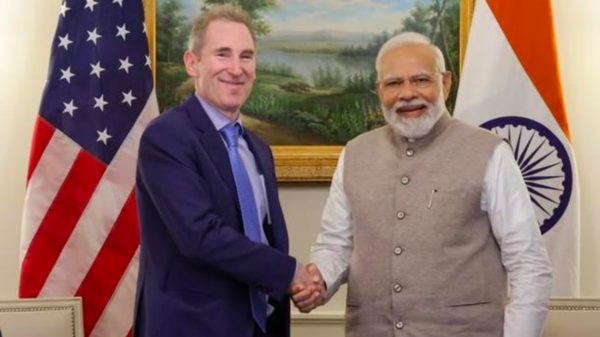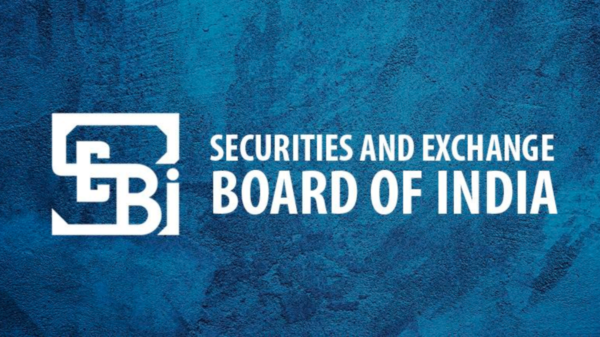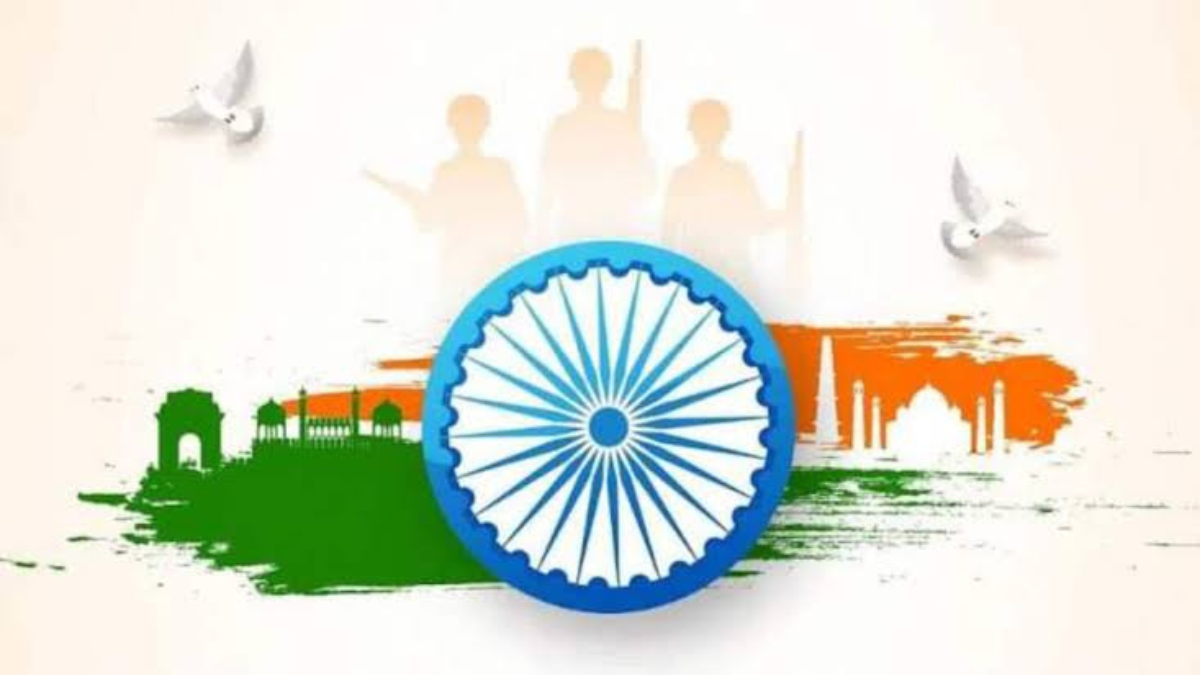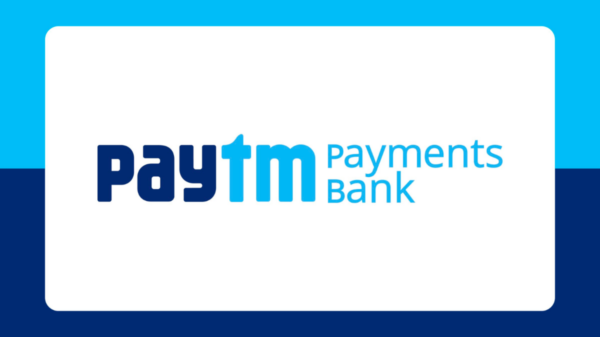Independence Day in India is a momentous occasion that marks the country’s freedom from British colonial rule on August 15, 1947. This day holds immense significance in the hearts of every Indian citizen, as it symbolizes the struggles, sacrifices, and determination of the nation’s forefathers who fought for freedom. Delivering a meaningful Independence Day speech requires careful consideration of key points that encapsulate the spirit, history, and aspirations of the Indian people.
Historical Context and Significance
To begin your speech, provide a brief overview of India’s colonial history and the pivotal role played by Mahatma Gandhi and other freedom fighters in the fight for independence. Explain how their relentless efforts, nonviolent protests, and sacrifices eventually led to the end of British rule and the dawn of a new era for India.
Struggle for Freedom
Highlight the major events and movements that marked India’s struggle for freedom. Mention the Salt March, the Quit India Movement, and the sacrifices made by individuals like Bhagat Singh, Subhas Chandra Bose, and many others. These stories of courage and dedication can inspire listeners and remind them of the sacrifices that paved the way for the country’s independence.
Unity in Diversity
Discuss the diversity of India’s population and how unity played a crucial role in achieving independence. Talk about how people from various backgrounds, languages, religions, and cultures came together for a common cause. Emphasize that unity continues to be a driving force for the progress and development of the nation.
Democratic Values and Constitution
Highlight the importance of democracy and the values enshrined in the Indian Constitution. Discuss the significance of fundamental rights, duties, and the role of citizens in upholding these principles. Emphasize how India’s democracy empowers every citizen to participate in the nation’s growth.
Post-Independence Achievements
Acknowledge the progress India has made since gaining independence. Mention achievements in areas such as science, technology, space exploration, and economic growth. Highlight notable milestones like becoming a spacefaring nation and advancements in fields like medicine, IT, and renewable energy.
Socio-Economic Challenges
While discussing achievements, also address the challenges India faces. Mention issues like poverty, inequality, and corruption that still persist. Talk about the steps being taken to address these challenges, including government initiatives and the importance of citizen engagement.
Cultural Heritage and Diversity
Celebrate India’s rich cultural heritage and traditions. Discuss how festivals, languages, art forms, and traditions are a testament to the country’s diversity and unity. Emphasize the need to preserve and respect these cultural aspects as they contribute to India’s unique identity.
International Relations and Diplomacy
Discuss India’s role on the global stage, its diplomatic relationships, and contributions to international peacekeeping efforts. Highlight how the nation’s foreign policy promotes cooperation, trade, and cultural exchange with other countries.
Youth and Nation-Building
Encourage the youth to actively participate in shaping the nation’s future. Stress their responsibility in addressing contemporary challenges, contributing to innovation, and promoting social change. Inspire them to be active citizens who uphold the values of freedom, justice, and equality.
Patriotism and Civic Responsibility
Conclude your speech by invoking a sense of patriotism and pride in being an Indian. Encourage everyone to contribute positively to the country’s growth and development. Remind your audience that along with the rights of citizenship come responsibilities toward the nation’s progress.
Bottomline
An Independence Day speech in India is an opportunity to reflect on the nation’s journey to freedom, celebrate its achievements, and acknowledge its challenges. By incorporating these key points, you can create a speech that not only educates but also inspires, fostering a sense of unity, responsibility, and optimism among your audience. As you prepare your speech, remember the sacrifices of the past and the potential for a brighter future as India continues to march forward.
Watch This
Also Read: India’s Independence Day And Republic Day: How These Two Days Are Different?




































